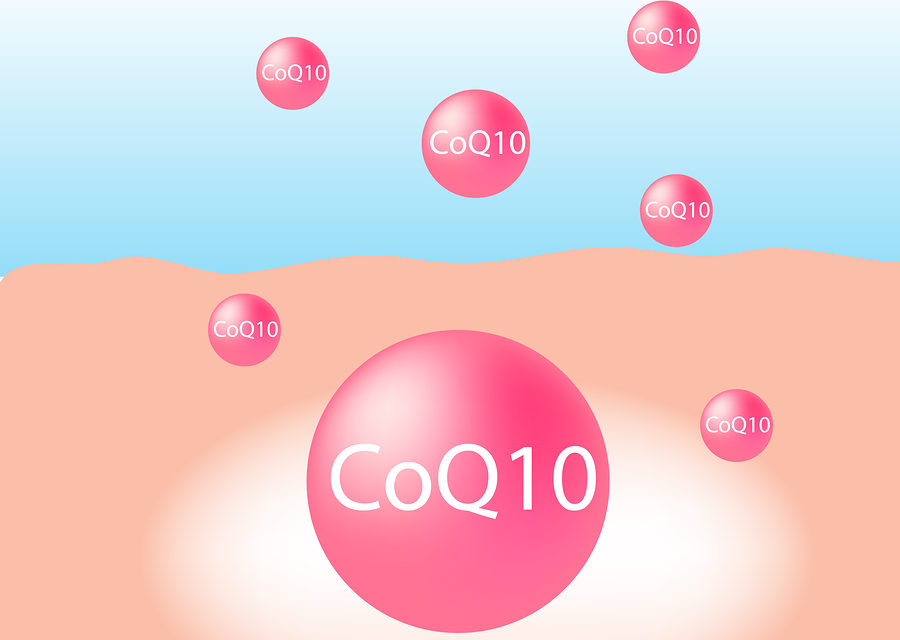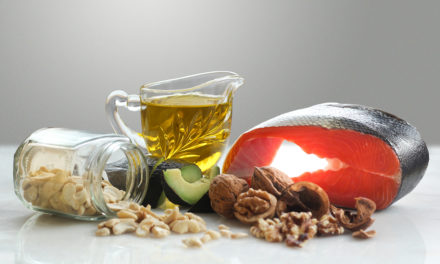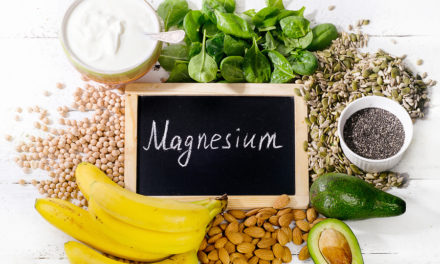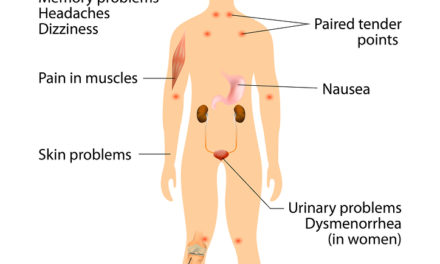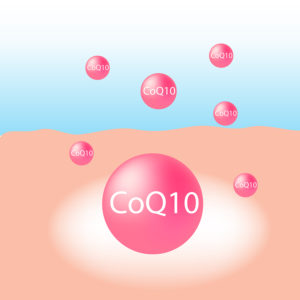 Coenzyme Q10 is also known as ubiquinone. The letter Q refers to quinone, which is a chemical group derived from aromatic rings. The number 10 refers to the 10 isoprene (CH2=C(CH3)CH=CH2) units attached to the molecule. CoQ10 is found in all mammalian cells (for that matter, all eukayotic cells). It is found primarily in the mitochondria and is a vital to the electron transport chain; in other words it is important for cellular energy. CoQ10 is found in high levels in cells that require a lot of energy, like the cells of the heart, liver and kidney. CoQ10 is oil-soluble and also acts as an antioxidant.
Coenzyme Q10 is also known as ubiquinone. The letter Q refers to quinone, which is a chemical group derived from aromatic rings. The number 10 refers to the 10 isoprene (CH2=C(CH3)CH=CH2) units attached to the molecule. CoQ10 is found in all mammalian cells (for that matter, all eukayotic cells). It is found primarily in the mitochondria and is a vital to the electron transport chain; in other words it is important for cellular energy. CoQ10 is found in high levels in cells that require a lot of energy, like the cells of the heart, liver and kidney. CoQ10 is oil-soluble and also acts as an antioxidant.
Because tissues that need to produce a lot of energy require a lot of CoQ10, supplementation tends to benefit those with cardiac problems. A double-blind, placebo-controlled study appearing in the European Heart Journal (2006 November;27(22):2675-81) had 23 subjects with stable, chronic heart failure. The study had four phases. In the first phase the subjects were given 300 mg of CoQ10 per day. In phase two, they received the supplement and supervised exercise training. In the third phase they received a placebo and in the final phase they received exercise training along with the placebo. The researchers found that the CoQ10 supplementation improved the ability of cardiac arteries to dilate. It also improved the contractility of the left ventricle and generally improved the heart’s functional capacity. The benefits of the supplementation were enhanced by exercise. This supports earlier studies. Coenzyme Q10 has been shown to be of value in patients with heart failure according to earlier research appearing in the journal Biofactors (2006; 25(1-4): 137-45) and the European Heart Journal (August 1, 2000).
Research appearing in Clinical Investigator (1993;71:S 145-S 149) showed that 54% patients receiving three months of coenzyme Q10 supplementation (between 50 and 150 milligrams per day) had improvements in at least three symptoms of heart failure. Large percentages of patients experienced improvements with 81% having less cyanosis, 76.9% with less edema, 54.% having less shortness of breath, 62% having less arrhythmia and 73% having less vertigo. Also, the severity of symptoms correlate with low coenzyme Q10 levels, according to research that appeared in the International Journal of Tissue Reactions (1990;12(3):155-162).

